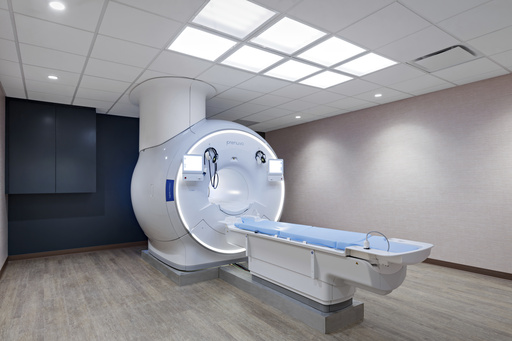The concept of using high-tech scans to detect early signs of cancer and other ailments in healthy individuals before they become severe is gaining popularity among a new wave of companies. These businesses, such as Prenuvo, are offering whole-body MRI scans that come with a price tag ranging from $1,000 to $2,500, with no insurance coverage currently available for these services. While proponents advocate for these scans as a step forward in preventive medicine, arguing that they can identify numerous medical conditions that could otherwise go undetected, critics, including many medical experts, raise concerns about the unproven nature of the technology, potential unnecessary treatment, elevated healthcare costs, and increased patient anxiety.
MRI, which stands for magnetic resonance imaging, is a non-invasive medical scan that utilizes magnetic fields to generate detailed images of internal body structures without radiation. Typically, MRIs are requested by doctors to diagnose various medical conditions like cancer, brain injuries, or vascular damage. Full-body scans, which can last an hour or longer, are only routinely recommended for specific high-risk groups, such as individuals with a genetic predisposition to cancer.
Companies offering MRI scans, like Prenuvo, emphasize the ability of their scans to uncover over 500 medical conditions that might not be detected during a standard medical examination. Prenuvo’s pricing ranges from $999 for a torso scan to $2,499 for a full-body scan. The company’s chief medical officer, Dr. Daniel Durand, highlights the proactive approach these scans provide for individuals concerned about their health. However, radiologists caution that the likelihood of detecting a significant issue in asymptomatic individuals is minimal, and the scans may lead to unnecessary follow-up tests, procedures, and psychological distress. There are also concerns about patients potentially forgoing established routine exams like mammograms after undergoing an MRI scan.
Professional medical bodies like the American College of Radiology do not endorse MRI screening for asymptomatic individuals due to insufficient evidence supporting its cost-effectiveness and life-prolonging capabilities. While the Food and Drug Administration has not approved MRI machines for preventive screening specifically, doctors are permitted to use them as they see fit. Companies like Prenuvo are initiating large-scale studies, aiming to enroll 100,000 participants to assess the long-term health benefits of MRI screening over time. However, definitive conclusions regarding the efficacy of MRI screening in prolonging life are expected to take many years to materialize.
In conclusion, the debate around the use of high-tech MRI scans for preventive screenings continues, with proponents advocating for proactive health management and critics raising concerns about the validity, potential harm, and high costs associated with these services. As the industry evolves, ongoing research and large-scale studies are essential to determine the true benefits and drawbacks of MRI screening for the general population.
